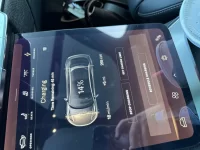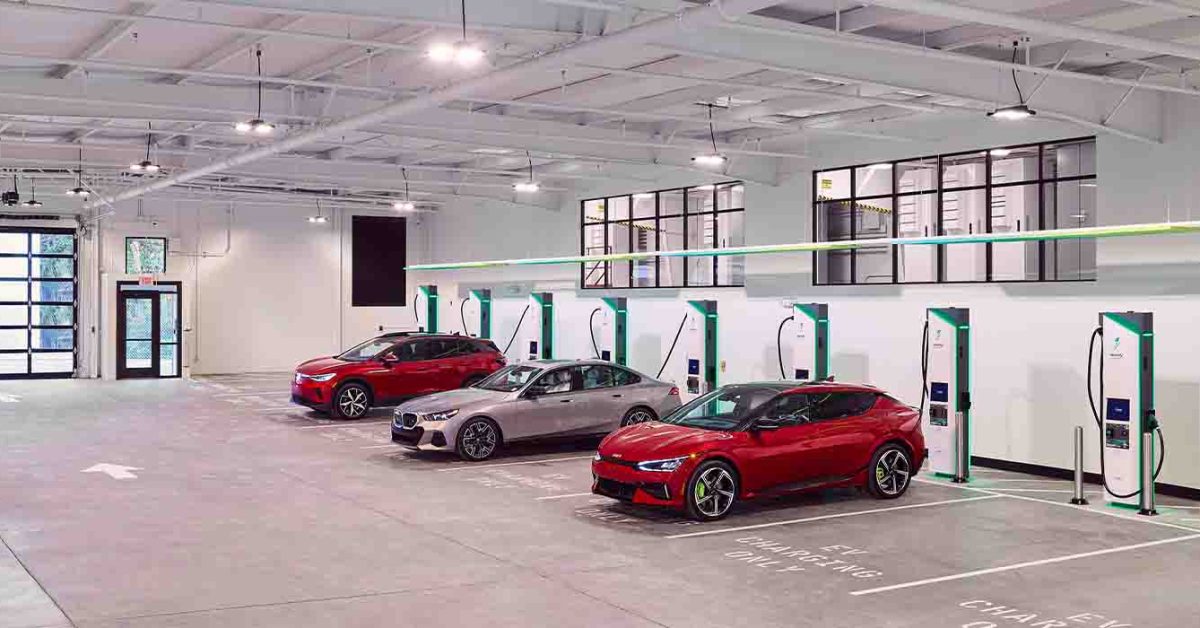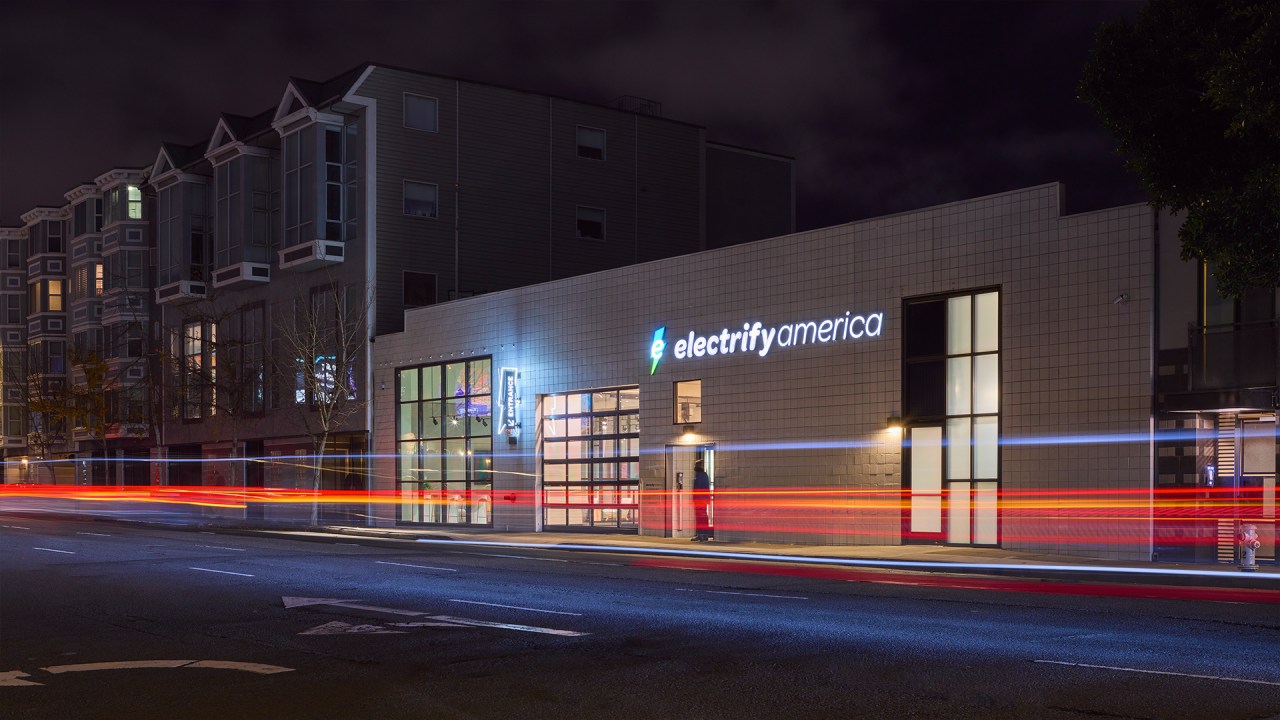Yeah it really is a bit circular. EA wants to place charging stations in areas that already have a good volume of EVs - and WV isn't one of them. But without the availability of stations, it discourages the purchase of EVs. However, charging stations are not exactly analogous to gas stations so we will never have the same density of EV chargers. Most people charge at home at a considerably lower electrical cost so charging stations are mostly for longer trips. However even at $0.48 per kWh, the cost to "fill" even for 10 to 100% capacity is around $45. A Mercedes S Class has a 22 gallon tank. How low does premium gas have to go down to make it comparable?




